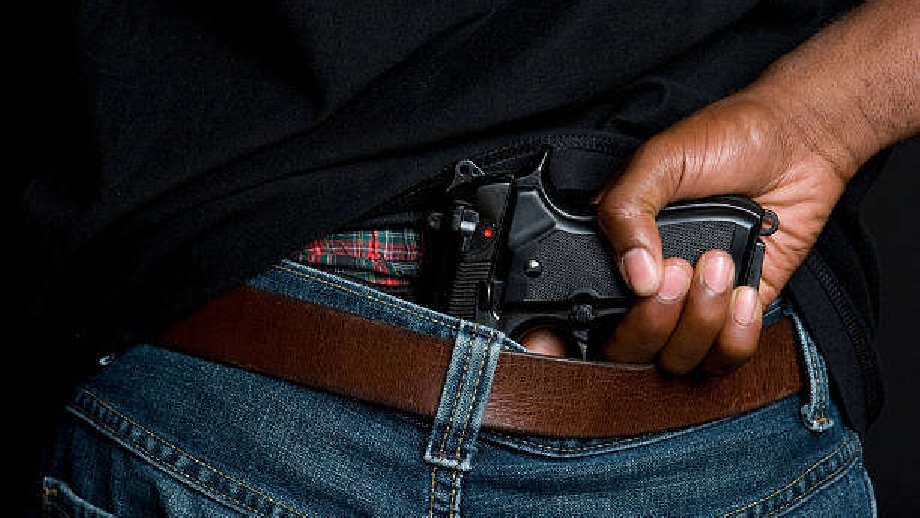
On 4 January 2024, a Nigerian senator, Ned Nwoko, proposed a bill that permits civilians to own and bear firearms for protection.
The senator explained that security agents are ill-equipped and incapable of protecting Nigerians, hence the need for Nigerians to secure themselves.
Indeed, terrorist attacks and kidnappings have ravaged Nigeria’s security architecture in recent times. Consequently, citizens have become more vulnerable to security threats. In December 2023, nearly two hundred were feared dead in an attack on community dwellers in Plateau state. Many parts of the country suffer a kidnapping crisis that has wrecked families. While these events make the clamor for gun laws logical, there have also been concerns about the potential damage gun laws could cause Nigeria’s already fragile security landscape. For instance, the country’s Chief of Army Staff, Lieutenant General Taoreed Lagbaja, believes anarchy may erupt due to arms proliferation. The principle of “an eye for an eye” could become the order of the day.
There is no question about if Nigerians have the right to protect themselves. The concerns only lie in the method of self-defense, which gives citizens the power to bear firearms. Many worry that it may be counterproductive; such development could worsen insecurity and lead to further loss of lives. The Nigerian government should learn from the United States of America, where citizens legally own guns. But, the country continues to struggle with numerous cases of gun violence.
The primary purpose of a government is to protect its citizens. Hence, the Nigerian government should take decisive actions that reflect its desire to keep its citizens safe. One such action is establishing state policing. Presently, the legislative process for state policing has scaled second reading in the House of Representatives, awaiting the final reading and passing of the Bill. With state policing, states can closely cater to their unique security needs. This initiative is a great way to augment the understaffed federal police force. According to the Nigerian police boss, Kayode Egbetokun, the police need an additional 190,000 personnel to secure the country effectively.
For an effective state policing arrangement, the Nigerian legislature must amend section 214 of the country’s 1999 constitution, which prohibits the establishment of any other police force. Thus, state governors are empowered to constitute state police units, appropriate funds for these units, and appoint qualified security personnel to manage the outfits. Already, Nigerian governors wear the badge of their state’s chief security officers. A constitutional amendment must, however, outline the powers and limitations of governors over the state police to prevent abuse. The constitution should also spell out the responsibilities of the state police as distinct from those of the federal police. Likewise, state governors should appoint inspectors to lead the state police units.
The amended constitution should also spell out the roles of these police inspectors to avoid duplicity of functions between them and the federal police commissioners. The state police should ensure that its personnel work with local vigilante groups in the 774 local government areas across the 36 states in the county. Many vigilante groups know their localities intimately and are better able to gather intelligence. These vigilante groups can be first responders within their communities in cases of crimes and other emergencies. A synergy between the state police force and the vigilante groups would promote an inclusive security framework. Correspondingly, state governors must ensure that willing vigilante groups are absorbed into the state policing unit.
The government should also partner with media organizations nationwide, especially in high-risk regions, to inform the public of safety measures. Such information should be shared through available broadcast means such as radio and television stations.
Finally, while citizens should be concerned about their safety, security remains the government’s primary responsibility to its citizens. Therefore, encouraging arms-bearing is a relegation of duty from the government to its ill-equipped citizens. Nigerian civilians do not deserve the extra burden of actively fighting insecurity with guns when they have entrusted a government with that purpose.
Yvonne Okhaifoh is a writing fellow of African Liberty.


